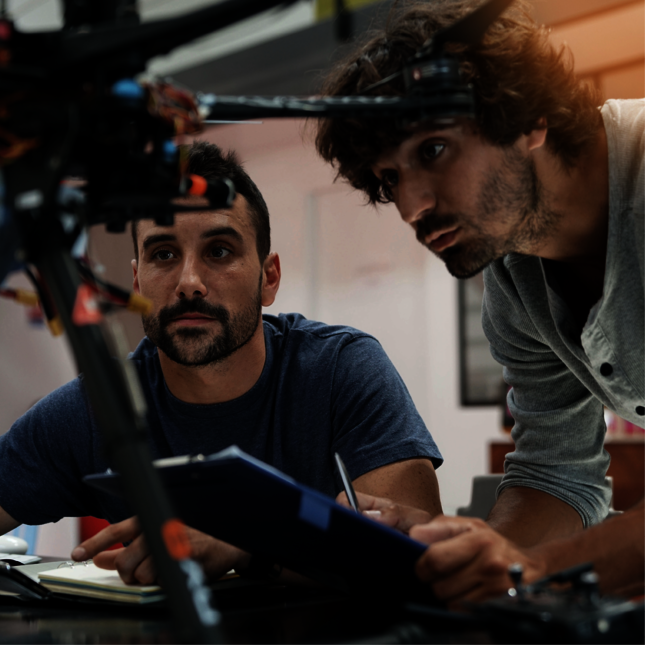
To find out all about the history and the importance of our way of collaborating, we spoke to Ton Backx. Ton has worked at TU/e for decades as a researcher, a lecturer and in other capacities. Currently, he is both the director of our University Fund and CEO of The Tu/E Institute for Photonic Integration. The first question we address is: ‘How is it that cooperation comes so naturally to TU/e?’
Ton: "That has a lot to do with our history of origin. TU/e owes its existence largely to companies such as DAF and Philips. They wanted an institute here that would offer scientific education so that they could recruit people for their R&D from there. Both companies actively pursued this and helped pay for it. So, when ‘Technische Hogeschool Eindhoven’, as it was then called, opened its doors, there was already a strong connection with the business community."
From Own R&D to TU/e
Until about the 1980s, companies still had their own R&D departments. But in the 1990s these began to disappear. Among other things, companies sought out universities to take on the more fundamental research. To establish and maintain contacts with business, several universities set up special departments that were separate from their research. Ton: "But in Eindhoven, we had been working together very organically for a long time back then. For us it was already the most normal thing in the world."
Building on each other's work
The open exchange of people still leads to an open exchange of ideas. Ton: "We work together in a really integrated way with, for example, researchers from other universities, companies and hospitals, such as the Maxima Medical Center.
Editor’s note: in previous posts we write about two special developments that have come about together with the specialists at MMC. The results are going to contribute to the undisturbed development and health of premature and not yet born babies, respectively. Click on the links above to read more about these projects.

Small parts of a big puzzle
Ton would venture the proposition that TU/e is indeed the world's number one in the field of true collaboration. According to him, our open way of collaborating and sharing knowledge is the most fruitful, but also the most logical. Ton: " You can't achieve the developments our world needs on your own.
These are enormous puzzles and as a researcher you work on a very small piece. Your work might yield something or nothing. But together you always solve a puzzle easier. Because others see what you don't see, or they can do something with a piece of knowledge that you have gained but that has no value to you.”
The funding competition
The increasing difficulty of obtaining funding for research also makes collaboration more logical. Ton: "As a scientist these days, you also must be able to successfully 'pitch' your research. That is not a natural role for us, and competing is a waste of very valuable research capacity and time. Especially since most research proposals are not honored,"
But even when universities join forces, a persistent obstacle remains. Ton: "The committees evaluating proposals mainly look at the risks, not at the potential benefits for our society. That touches on one of the most important characteristics of fundamental research: nothing can come of it. Or something that changes the world. But you can't give guarantees in advance. Yet, we need to keep investing in it. The social questions and challenges are huge. But together with our partners, we as TU/e can really make a difference to society."